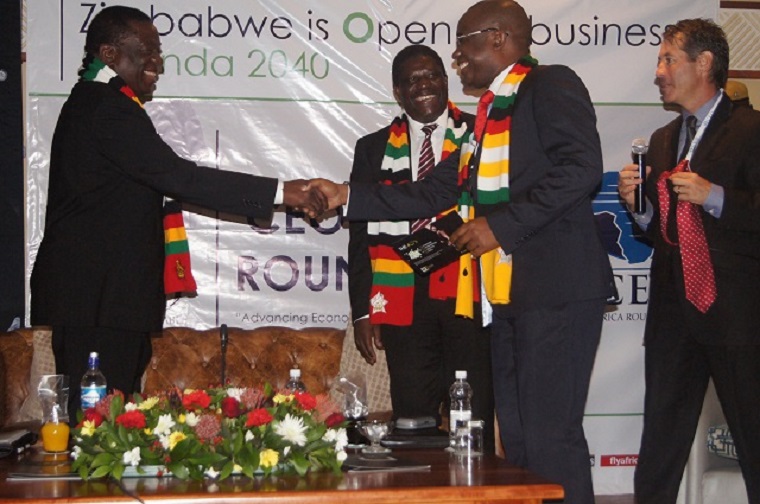At a faded colonial-era hotel hosting Zimbabwe’s first mining conference since the fall of long-time strongman Robert Mugabe, a succession of government officials repeated what has become a familiar mantra: “Zimbabwe is open for business.”
The question is whether investors believe them.
Since Mugabe’s resignation in November, new President Emmerson Mnangagwa has been at pains to show the world that Zimbabwe is overhauling its dilapidated economy.
He has scrapped, for all but diamond and platinum miners, laws that required foreign-owned companies to sell at least 51% of their shares to native Zimbabweans.
He has also cut excise duties on gasoline and pledged to clear more than $1 billion in overdue debt owed to international financial institutions.
Mnangagwa says his efforts have secured billions of dollars in investment commitments “from some of the biggest companies in the world” who want to dip into the country’s mineral reserves, including platinum, diamonds and the lithium that powers the batteries in electric cars and mobile phones.
Mining, a sector that accounts for more than half of foreign direct investment and export earnings, will be at the heart of any broader economic recovery.
Mines Minister Winston Chitando said last month that Karo Mining Holdings, a private company headed by Cypriot mining entrepreneur Loucas Pouroulis, would invest $4.2 billion in a new platinum mine and refinery, expected to go into production in 2020.
Chitando said it was the largest investment agreement in the history of the Zimbabwean mining industry and that the government intends to establish a full-time “mining one-stop shop” by May to fast-track permits and cut red tape for Karo and others.
But with Zimbabwe still gripped by an economic emergency that has left people sleeping outside banks to get cash and with national elections due by August, many other potential investors are opting to wait and see.
Continued next page
(346 VIEWS)
